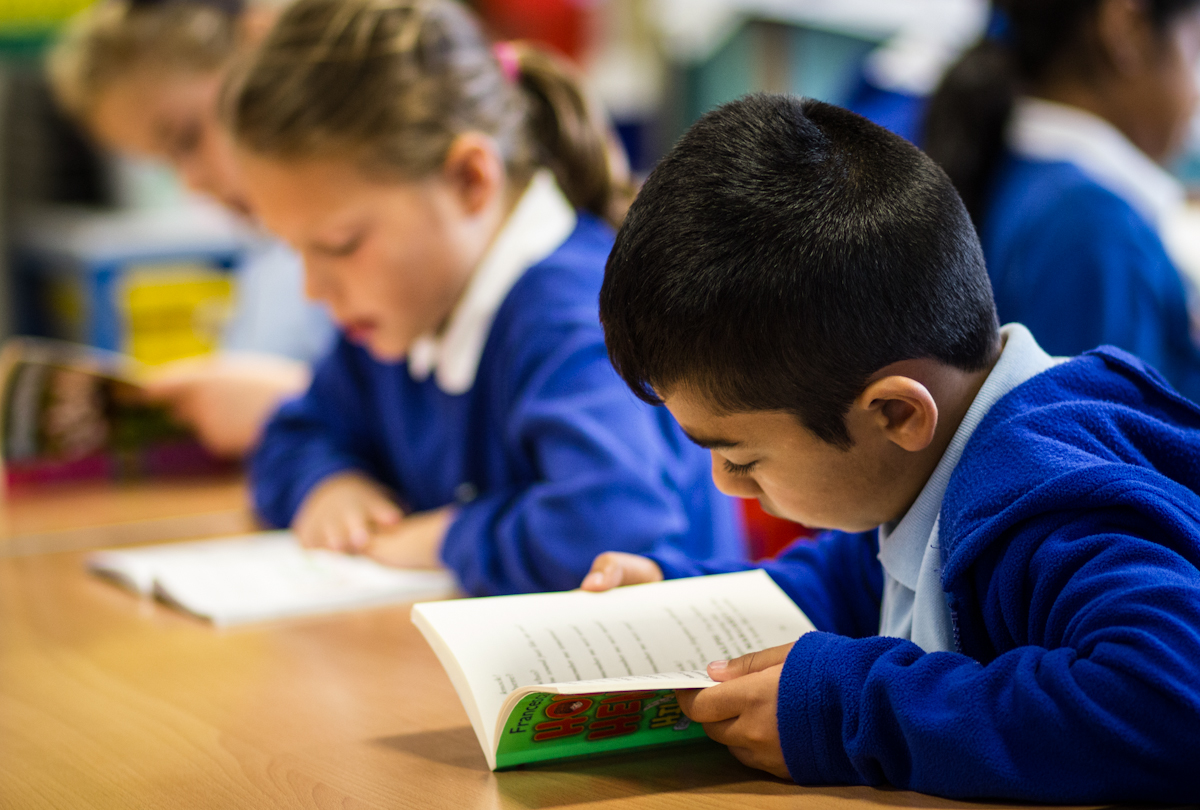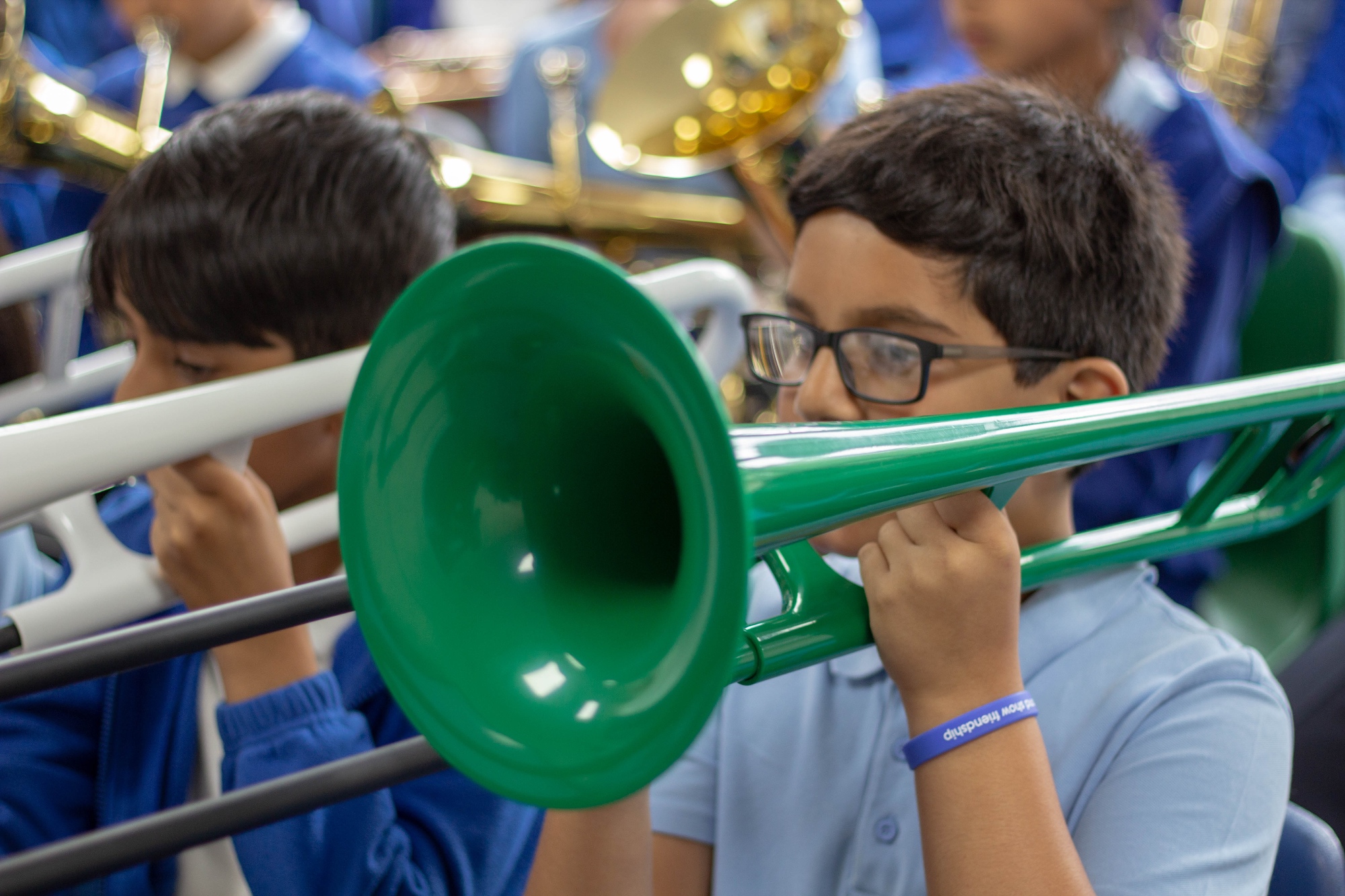SEN Advice for Parents
What does SEN mean?
SEN stands for ‘Special Educational Needs’. It means that your child is experiencing some difficulty, at this time, and action needs to be taken.
Your child may have difficulties in one or more of these areas:
- Learning (e.g. with reading or maths)
- Communication (e.g. speech and language difficulties, autism)
- Behaviour (e.g. lack of focus in class, emotional difficulties, withdrawn behaviour)
- Sensory or physical (e.g. a hearing or visual impairment)
If you have any worries about your child talk to:
- Your child’s teacher
- Mrs Chalk, the Special Educational Needs Co-ordinator (SENCO)
- Mr Evans, the Headteacher
Deciding how to help your child
If your child has SEN there will be an ongoing process of assessment, planning and review:
- Assessment - observation, informal and formal testing
- Planning - identifying support, deciding on the expected outcome
- Action - targeted intervention or support
- Review - review impact of support with you and your child, at least twice a week
What help will be available for my child?
This depends on your child’s needs or difficulties, and how well he/she is progressing. The school will work with you to sort out the best way to help your child, which may include:
- changing the way your child is taught, e.g. giving instructions in a different way, allowing more time for homework, different reading books. This is called ‘differentiation’.
- teaching in small groups for some of the time to address your child’s specific problems.
- support from a teaching assistant or specialist teacher.
- more detailed assessments or more frequent reviews of progress.
- specialist equipment, e.g. radio aid to help overcome a hearing impairment.
Your child’s progress will be regularly reviewed to ensure that he/she is receiving the right amount and type of support. Where a child’s difficulties become more complex the school follows guidelines to ensure that his/her needs are met.
Who will be involved with my child?
The main people who can help your child are:
- you (his/her parent or carer).
- his/her class teacher or subject teachers.
- the school's Special Needs Co-ordinator (SENCO).
Depending on your child’s needs, other people may later be involved in assessing or supporting your child, for example:
- a teaching assistant (learning support assistant or learning mentor).
- specialists such as an educational psychologist, Special Needs Teaching Service, speech and language therapist.
- the Local Authority if your child needs a statement, or if he/she has a statement.
It is important that everyone works in partnership to support your child.









